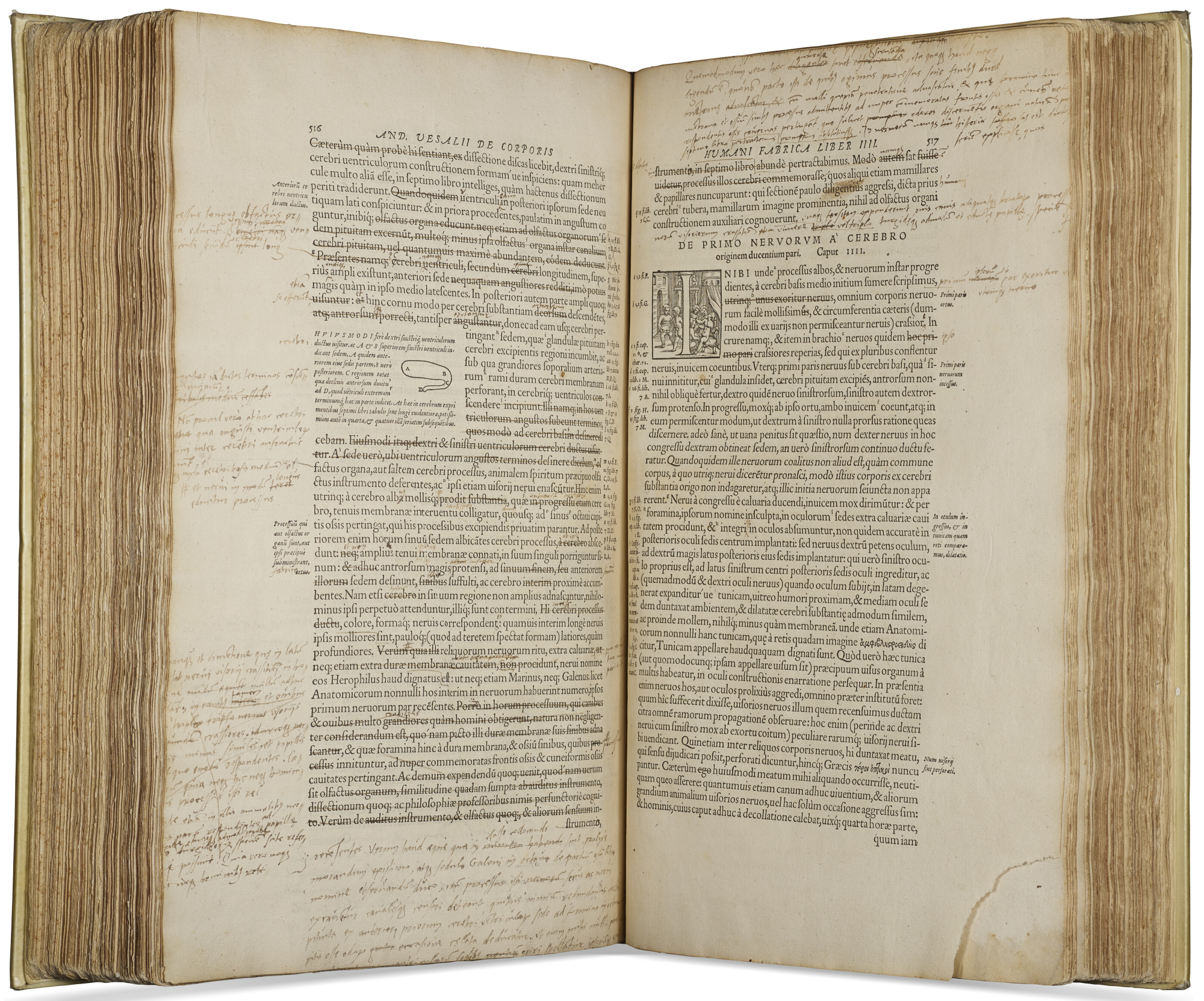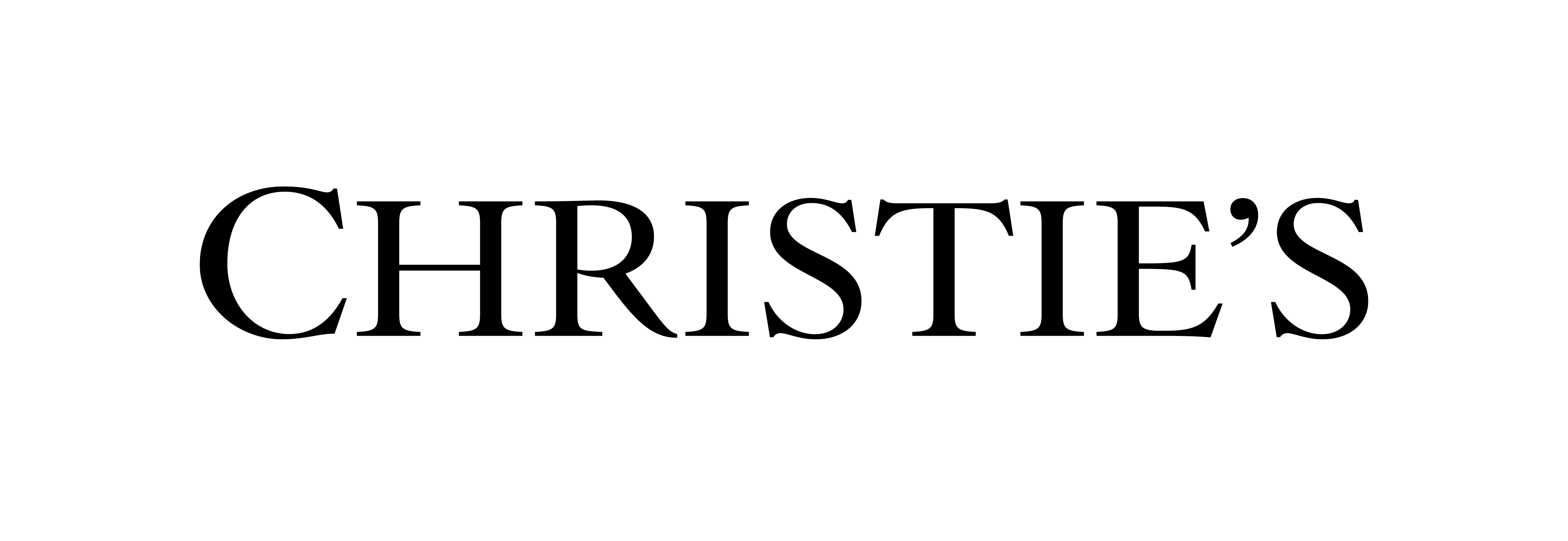FINE PRINTED BOOKS & MANUSCRIPTS INCLUDING AMERICANA TOTALS $4,553,078

New York – Christie’s is proud to announce that the top lot in the online Fine Printed Books & Manuscripts including Americana sale that ended Friday 2 February, Andreas Vesalius's own annotated copy of his magnun opus, De humani corporis fabrica, will be housed and on display at KU Leuven, the oldest university in the Low Countries. and the oldest extant Catholic university in the world. This is something of a homecoming for this book – a revolutionary work of medical science that changed our understanding of the human body and medical practice – because its author was born Andries van Wesel in Brussels in 1514 and educated at the University of Leuven. The book was purchased by the Flemish Community, Department of Culture, one of the three constitutionally mandated regional governments in Belgium, together with the university, KU Leuven. Vesalius’s annotated copy of his De humani corporis fabrica fetched $2,228,000, making it the top lot of a highly successful sale that totaled $4,553,078, selling 133 percent hammer above low estimate and 81 percent by lot, with almost 10 percent of bidders and buyers in the sale new to the category at Christie’s.
Specialist in the Books and Manuscripts Department, Rhiannon Knol said: “Christie's has been honored to handle the sale of this highly important book, a recent discovery and a unique piece of intellectual history. We are especially delighted that it now returns to Vesalius's alma mater and to the care of the Flemish people.”
Other top lots in the sale, which included material sold on behalf of the William P. Watson Family Trust as well as from the Library of the late Dr. K. William Harter, were: an extensively annotated copy of the first edition, first issue of “the oldest textbook in the history of science,” Euclid's Elements, printed by Ratdolt in 1482, which brought $403,200; The Second Folio of William Shakespeare, 1632, the second edition, first issue, of the most important work in the English language, containing for the first time Milton's anonymous epitaph to Shakespeare, which made $277,200; a self winding stock ticker, Thomas Edison, c. 1900, an original version of the first mechanical means for transmitting real-time stock market data, which sold for $119,700; The Fourth Folio of William Shakespeare, 1685, the last of the 17th-century editions of Shakespeare's collected plays, which realized $88,200; Jacobus Mazzocchius's Epigrammata antiquae urbis, 1521, King Charles the Ist of England’s own copy of a fundamental work on the study of ancient inscriptions, with the King’s name and motto inscribed on the title, which brought $81,900; The Bradley Martin copy of Edmund Spenser's The Faerie Queene, 1590-1596, the first edition of both parts of Spenser's great Tudor epic, first state of the title, which belonged to a legendary collector, which earned $60,480.

